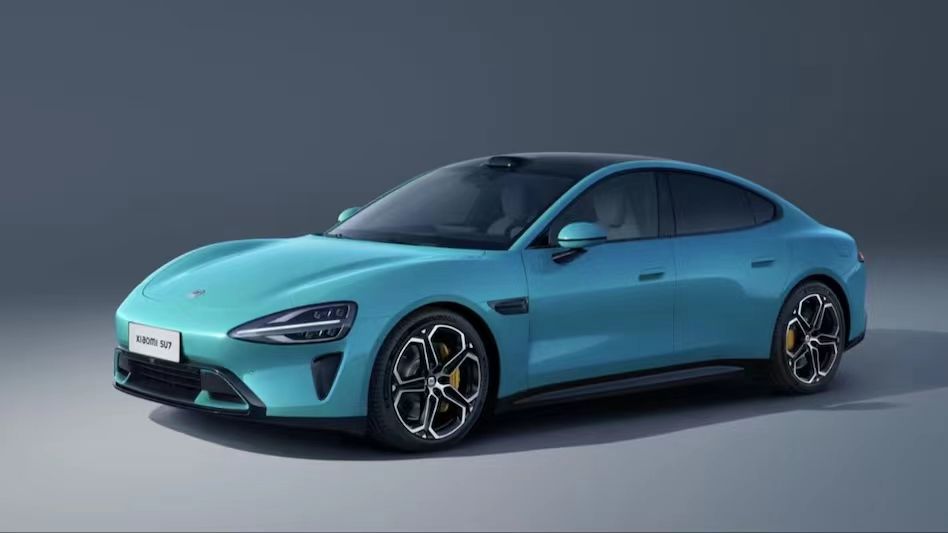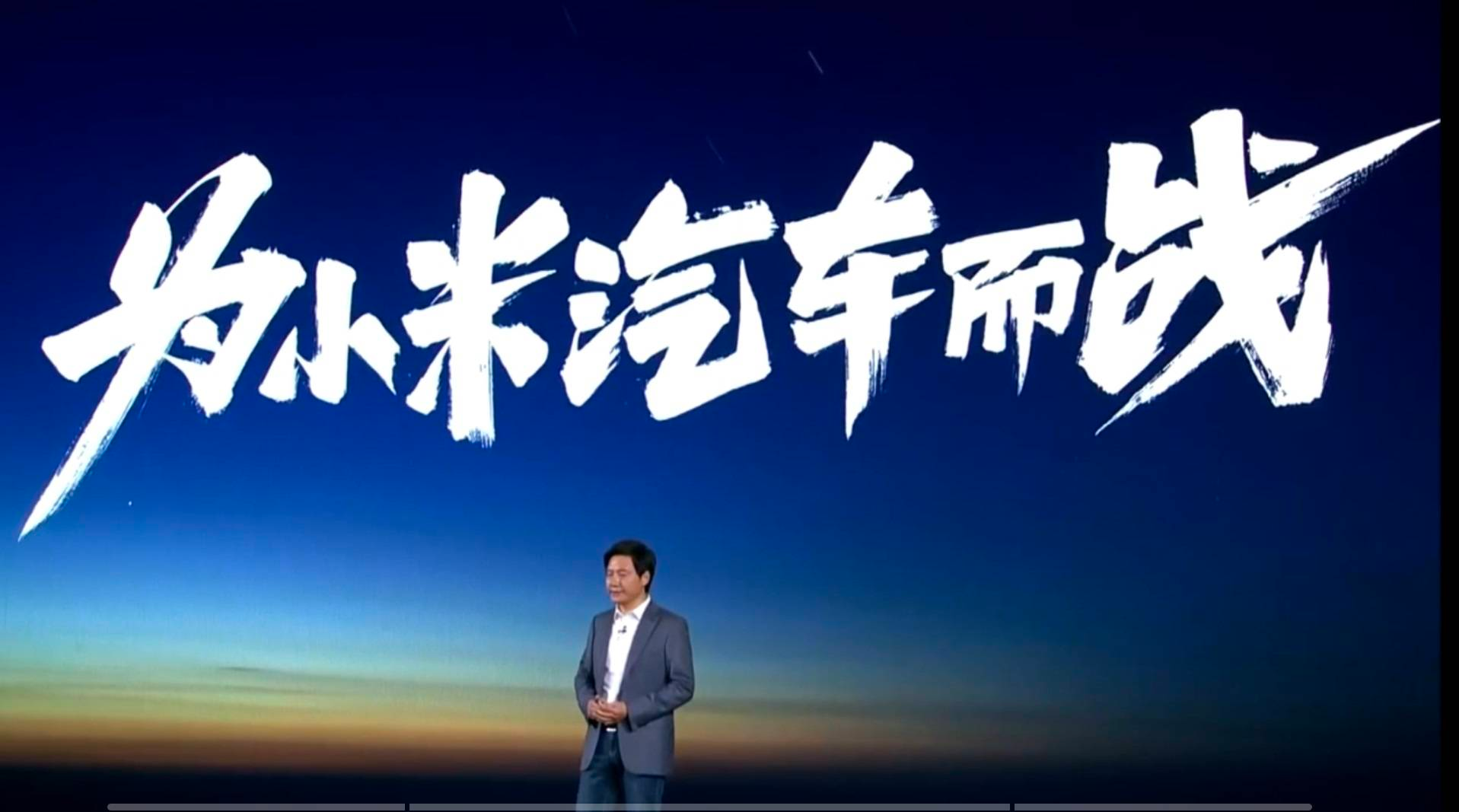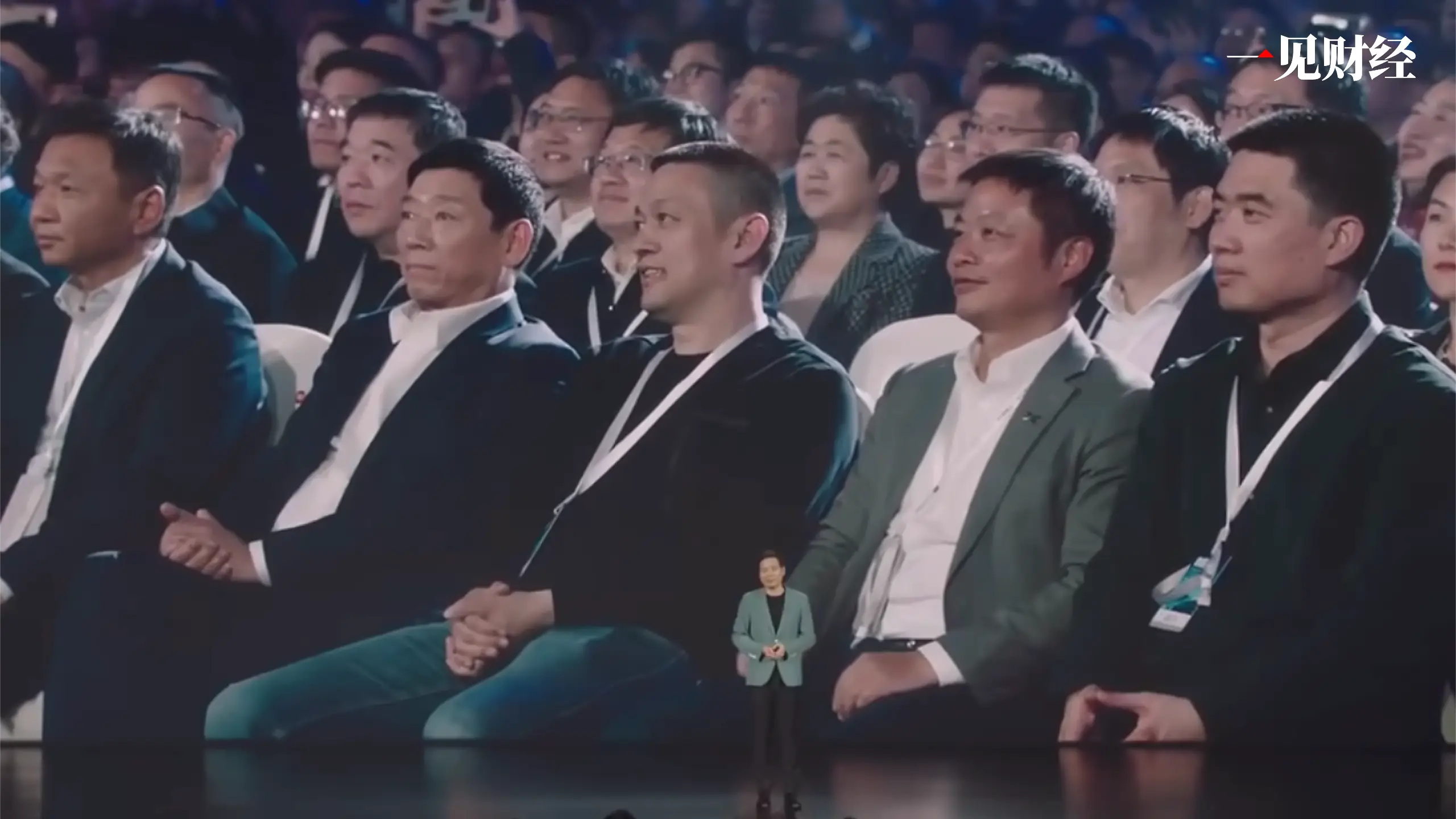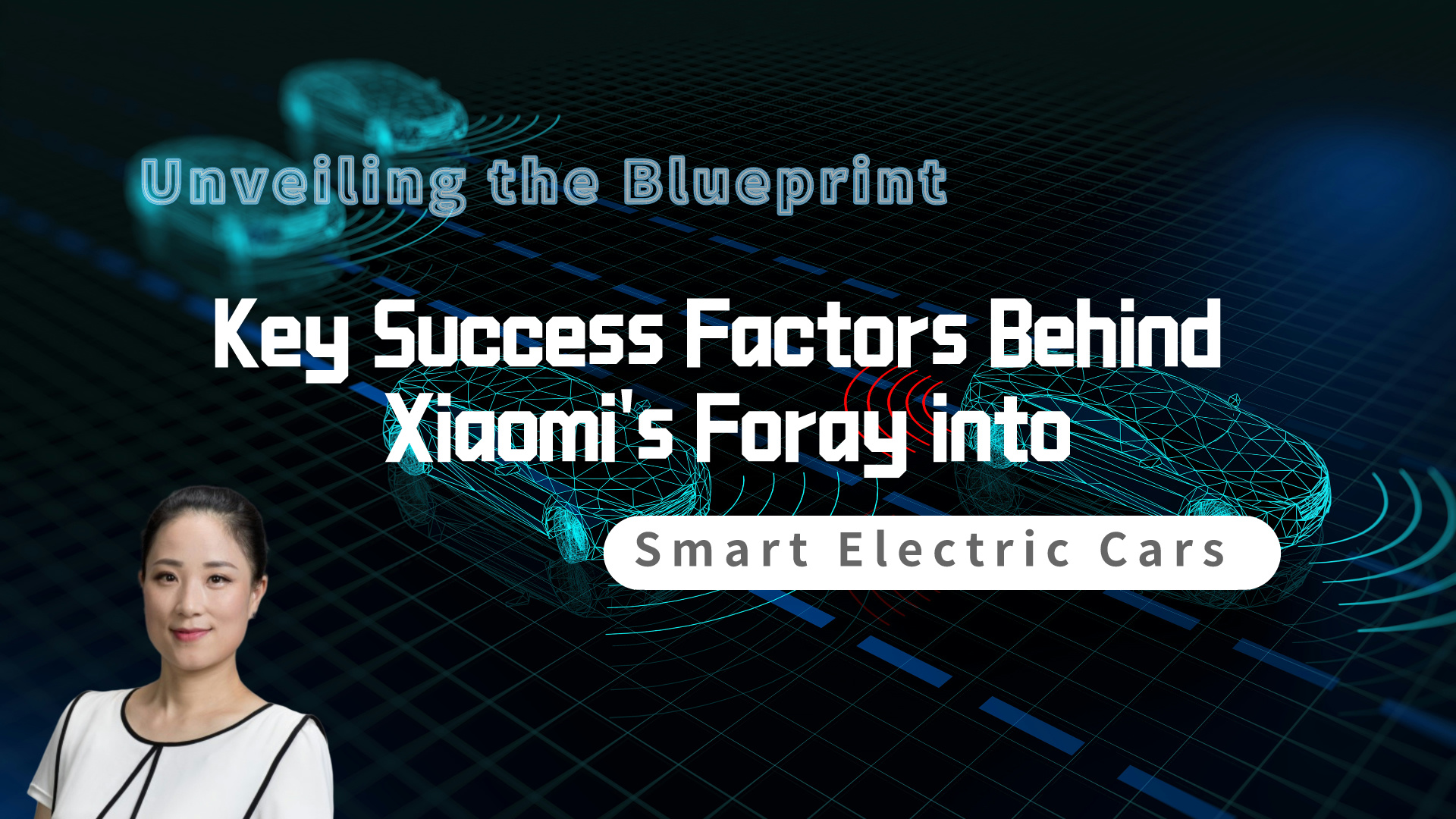Unveiling the Blueprint: Key Success Factors Behind Xiaomi’s Foray into Smart Electric Cars Part 1
Xiaomi car opened for sale on March 28th, 2024, there are three models: the standard version is 215,000 yuan (US$29,713), the Pro version is 245,900 yuan (US$33,983), and the Max version is 299,990 yuan ($41,459).

The Xiaomi car is named SU7. SU is the abbreviation of Speed Ultra, which means super-fast. In addition, 7 represents high-end. For example, the BMW 7 series is more expensive than the BMW 5 series.
Xiaomi Auto Has Created a Sales Myth of Electric Cars
Xiaomi Auto has created a sales myth of electric cars, with over 50,000 big orders in just 27 minutes online. The “big order” refers to the order with a deposit of 5,000 yuan (US691). The big orders exceeded 88,000 units in 24 hours after the launch.

What does this mean? Compared with other new car-marking forces in China, Xpeng cumulative delivery volume in 2023 was 118,685 units, and NIO’s sales reached160,000 units last year. Although Xiaomi Auto has a certain proportion of backorders (car owners have a 7-day hesitation period after paying the deposit), it has entered the second round of upsells.
Four Key Factors to Xiaomi Car’s Success
How can Xiaomi successfully manufacture electric cars? Here are four key factors to its success:
1.Strong Financial Strength
According to the financial report, Xiaomi sold 146 million mobile phones worldwide in 2023, ranking third in the world for 14 consecutive quarters. So far, the number of users of Xiaomi mobile phones and Xiaomi tablets has reached 641 million worldwide. All these have laid a good foundation for the future development of Xiaomi cars.
In addition, Xiaomi has always insisted on technology oriented. Continuously increase investment in R&D, investing 19.1 billion yuan in 2023, and it is expected to reach 24 billion yuan in 2024, of which 6.7 billion yuan will be invested in new business such as automobiles. If equity incentives are included, the total is 7.5 billion yuan.
2. Create a Complete Car-Making Supply Chain
On March 30th, 2021, Lei Jun, the founder of Xiaomi, officially announced that he was building an electric car. He said that this would be the last entrepreneurial project in his life, and he was willing to stake his life’s honour and achievements to fight for Xiaomi cars.

When Lei Jun built a car, he started planning it very early. In 2014, he invested US$50 million in NIO. In addition, Lei Jun’s Shunwei Capital had invested in Xpeng Motor’s AI and C rounds of financing. In 2019, Xiaomi invested another US$50 million in Xpeng.
Three years later, at the launch of Xiaomi SU7, many peers were invited, Li Bin,chaiman of NIO, He Xiaopeng, chairman of Xpeng Motors, Li Xiang, chairman of Li Want Automobile Co.,Wei Jianjun,chairman of Great Wall Motor, and BAIC Group new president Zhang Jianyong. Lei Jun thanked these peers and seniors in the automotive industry for their generous advice, which helped Xiaomi avoid many detours in the process of building cars.

In fact, Xiaomi Motors has been building a closed-loop supply chain system, and all its major components come from China’s domestic supply chain. This includes two parts. One part is the traditional automobile parts, including many parts that are common to oil vehicles, and adopts an external supplier cooperation system. For example, the motors come from Innovance, and the ternary lithium-ion battery comes from CATL.
As for the other part,Xiaomi directly invests in intelligent and electrified components. For example, in 2019, Lei Jun’s Shunwei Capital led the Series B financing of Jiangsu Automobile Electrics Company. One of its major products is electronic control components for new energy vehicles.
Xiaomi has always been committed to building an ecosystem, and its core concept is “platform + model + ecology”. Platform refers to the technology, channels, brands and other support provided by Xiaomi to partner companies; model refers to the profit distribution mechanisms between Xiaomi and partner companies; ecology refers to the interconnection between various products in Xiaomi’s ecological chain and synergy.
The overall goal of Xiaomi’s ecosystem is to create a smart product platform with first-class user experience, first-class product quality, and first-class cost efficiency, to provide users with a more convenient, comfortable, and smart lifestyle.




